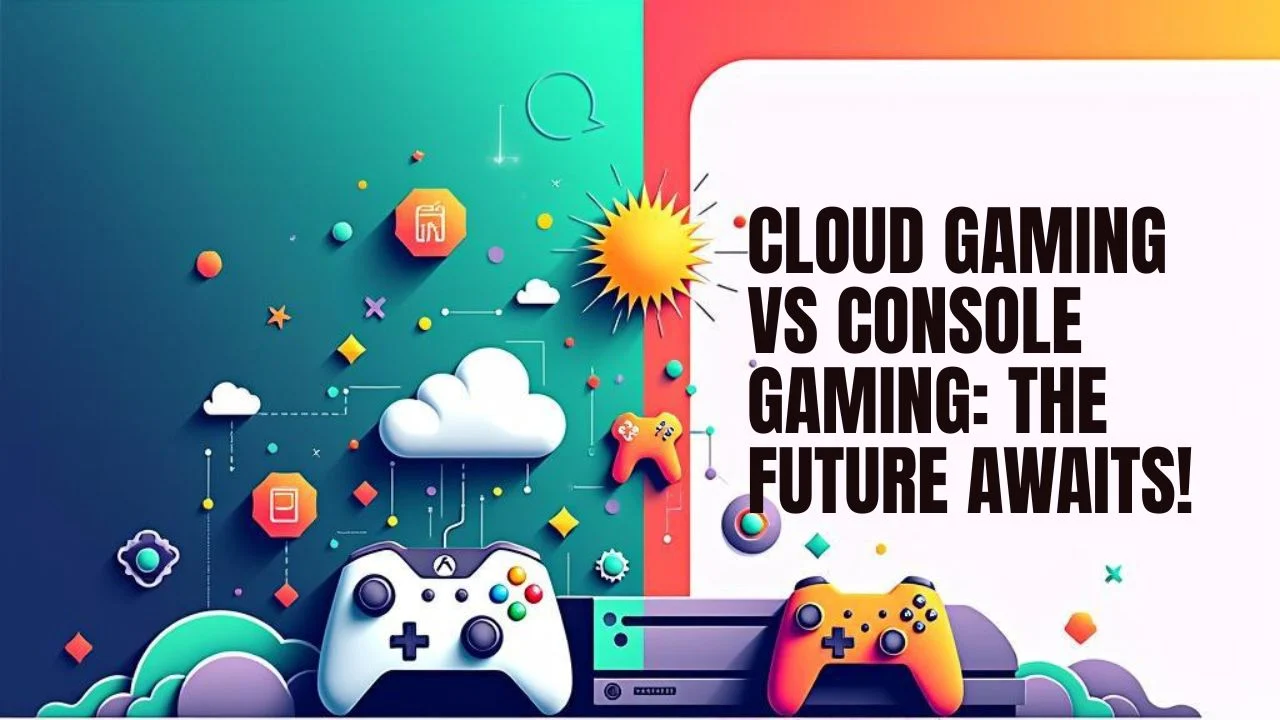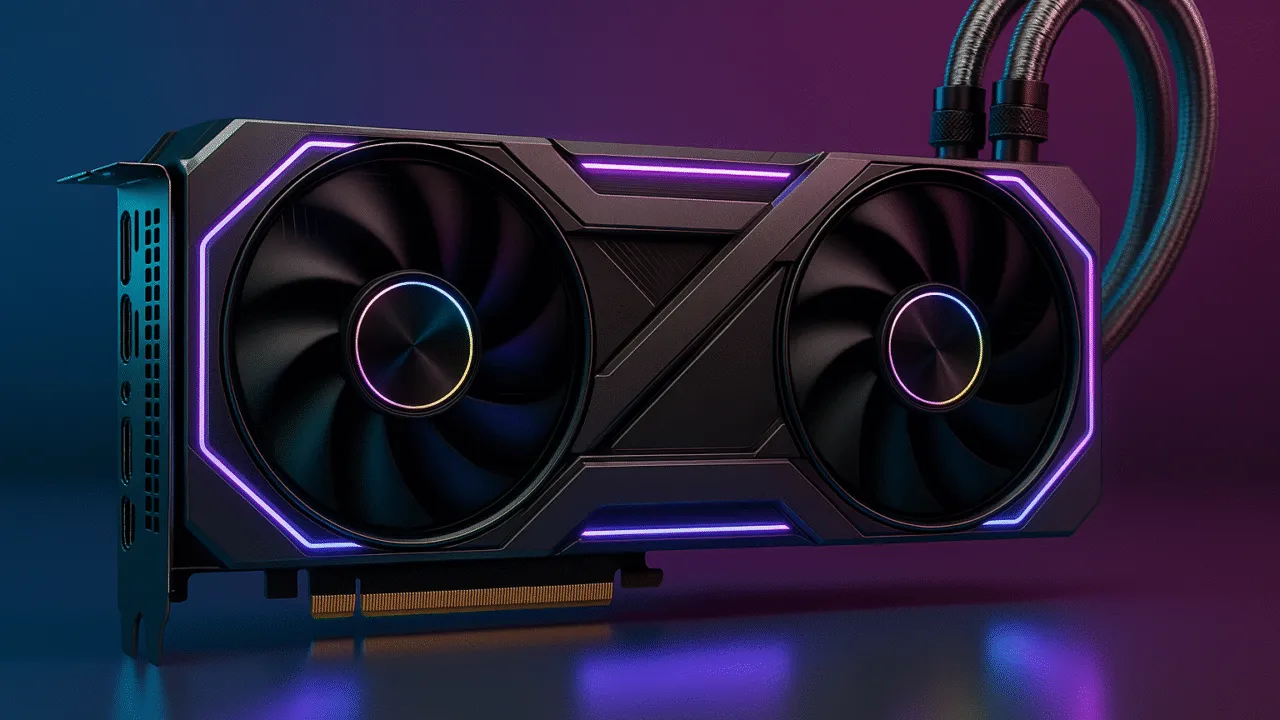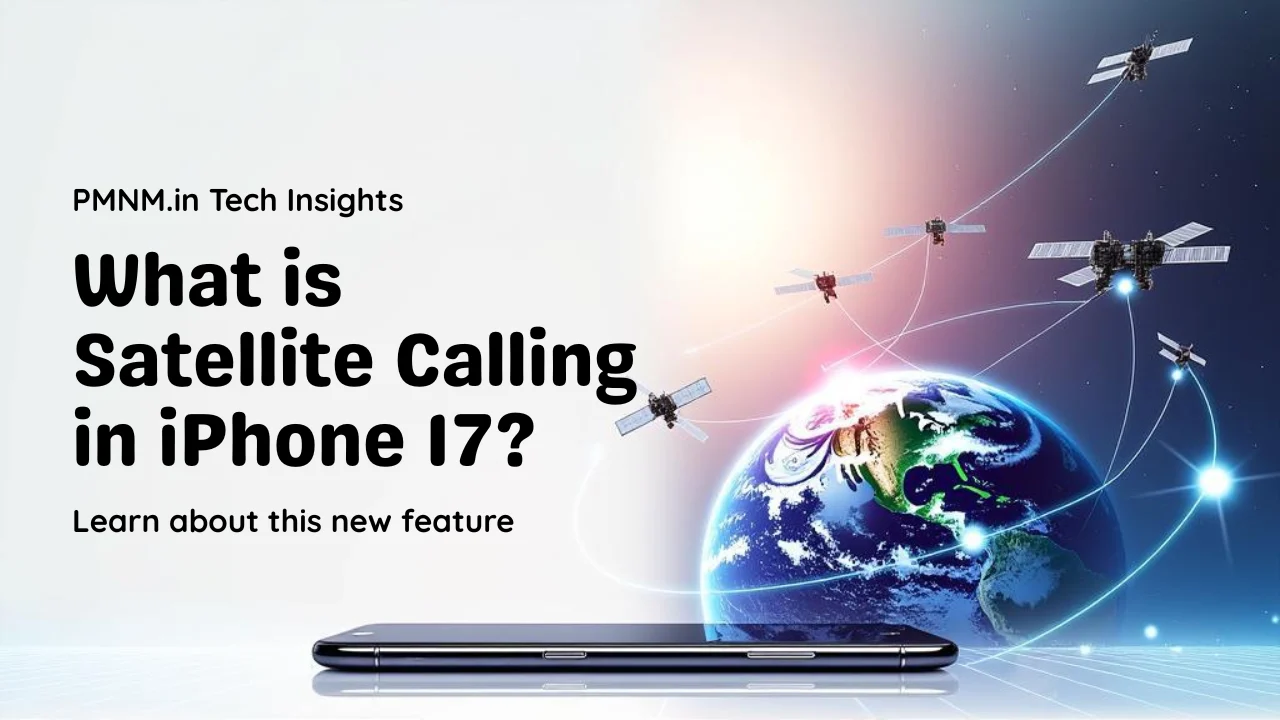Gaming has come a long way since the early days of bulky cartridges and wired controllers. Today, gamers have two major choices: stick to traditional console gaming (PlayStation, Xbox, Nintendo) or jump into the futuristic world of cloud gaming (Google Stadia, Xbox Cloud Gaming, Nvidia GeForce Now, Amazon Luna).
Both promise immersive experiences, but the question remains: Which is the future? In this article, we’ll dive deep into cloud gaming vs console gaming, their pros and cons, market trends, and what the next decade of gaming might look like.
☁️ 1. What Is Cloud Gaming?
Cloud gaming is like Netflix for games. Instead of downloading or installing games, you stream them directly from servers over the internet.
🔑 Key Features:
- No need for high-end hardware.
- Games run on powerful remote servers.
- Play on almost any device: smartphones, laptops, tablets, even TVs.
- Examples: Xbox Cloud Gaming, Nvidia GeForce Now, Amazon Luna.
🎮 2. What Is Console Gaming?
Console gaming is the classic experience — buying a PlayStation, Xbox, or Nintendo Switch and playing games locally.
🔑 Key Features:
- Dedicated gaming hardware.
- Exclusive titles (God of War, Zelda, Halo, etc.).
- Offline play possible.
- Physical & digital ownership of games.
⚖️ 3. Cloud Gaming vs Console Gaming: Head-to-Head
📶 a) Accessibility
- Cloud Gaming: Accessible anywhere with good internet. No expensive hardware needed.
- Console Gaming: Requires a console setup, but once installed, no internet is required for offline games.
💰 b) Cost
- Cloud Gaming: Subscription-based (cheaper upfront, but long-term costs can add up).
- Console Gaming: High initial cost (console + games), but once purchased, no streaming fees.
🎨 c) Graphics & Performance
- Cloud Gaming: Dependent on internet speed; lag and latency can be an issue.
- Console Gaming: Reliable performance with dedicated hardware optimized for gaming.
📂 d) Game Library
- Cloud Gaming: Wide but changing library; licensing issues mean some games come and go.
- Console Gaming: Strong exclusives that attract loyal fans.
🔒 e) Ownership
- Cloud Gaming: You don’t “own” the games; you rent access.
- Console Gaming: Buy once and keep forever (physical or digital copy).
🚀 4. Advantages of Cloud Gaming
- Play Anywhere, Anytime: Just need a screen + internet.
- No Hardware Upgrades: Servers handle heavy processing.
- Instant Play: No downloads or updates.
- Multi-Device Flexibility: Play on phone, laptop, or even a smart TV.
- Affordable Entry Point: No need to spend ₹40,000+ on a console.
🎯 5. Advantages of Console Gaming
- Lag-Free Performance: Games run locally on hardware.
- Exclusive Titles: PlayStation’s God of War, Nintendo’s Zelda, Xbox’s Halo.
- Physical & Digital Ownership: Games you buy remain yours.
- Offline Gaming: Internet not always required.
- Community & Nostalgia: Console culture is deeply rooted among gamers.
🌐 6. Challenges of Cloud Gaming
- Requires ultra-fast internet (at least 20–50 Mbps for smooth play).
- High latency in competitive games (shooters, racing).
- Data consumption is huge (up to 10GB/hour in 4K).
- Games may disappear due to licensing issues.
- Limited adoption in countries with weak infrastructure.
🕹️ 7. Challenges of Console Gaming
- Expensive upfront cost (consoles + accessories + games).
- Hardware becomes outdated every 5–7 years.
- No flexibility — locked to one device.
- Large downloads & storage issues (some games >100GB).
📊 8. Market Trends & Future of Gaming
- Cloud gaming market projected to cross $25 billion by 2030.
- Console gaming remains strong — PlayStation 5 and Xbox Series X are selling record numbers.
- Hybrid models emerging: consoles offering cloud streaming options (Xbox Game Pass Ultimate).
- AI integration: Cloud platforms using AI to reduce lag.
- 5G expansion: Faster networks will make mobile cloud gaming mainstream.
🤔 9. Which Is Better for You?
If You’re a Casual Gamer:
- Cloud gaming is cheaper, flexible, and doesn’t require expensive gear.
If You’re a Hardcore Gamer:
- Console gaming offers better performance, exclusives, and long-term reliability.
If You’re a Mobile-First Gamer:
- Cloud gaming wins — play AAA titles on your phone with a controller.
🔮 10. The Future: Cloud + Console Hybrid?
The truth is: it may not be a battle, but a blend. Future consoles might be hybrid devices — powerful local machines with built-in cloud streaming. Microsoft and Sony are already experimenting with this model.
✅ Conclusion
- So, Cloud Gaming vs Console Gaming — which is the future?The answer: both will co-exist.
- Cloud gaming will dominate casual, mobile-first gamers, especially in countries with high-speed internet.
- Console gaming will remain strong among enthusiasts, competitive players, and fans of exclusives.
In the end, the future of gaming is not about choosing one side — it’s about having options. Whether you want instant play on any device or the immersive experience of a console, the world of gaming in 2025 and beyond promises to be bigger, faster, and more connected than ever. 🎮☁️
❓ FAQs
Q1. Is cloud gaming cheaper than console gaming?
Yes, upfront it’s cheaper, but subscription costs may add up over years.
Q2. Does cloud gaming need fast internet?
Yes, minimum 20 Mbps for smooth play, 50+ Mbps for 4K gaming.
Q3. Which has better graphics — cloud or console?
Consoles still offer more reliable performance, but cloud is catching up.
Q4. Will consoles disappear in the future?
Not likely. They’ll evolve into hybrid models with both local and cloud gaming.
Q5. Which is best for India?
Console gaming is still more reliable due to patchy internet, but cloud gaming will grow with 5G rollout.
 Add as a preferred source on Google
Add as a preferred source on Google





